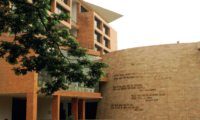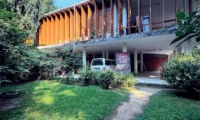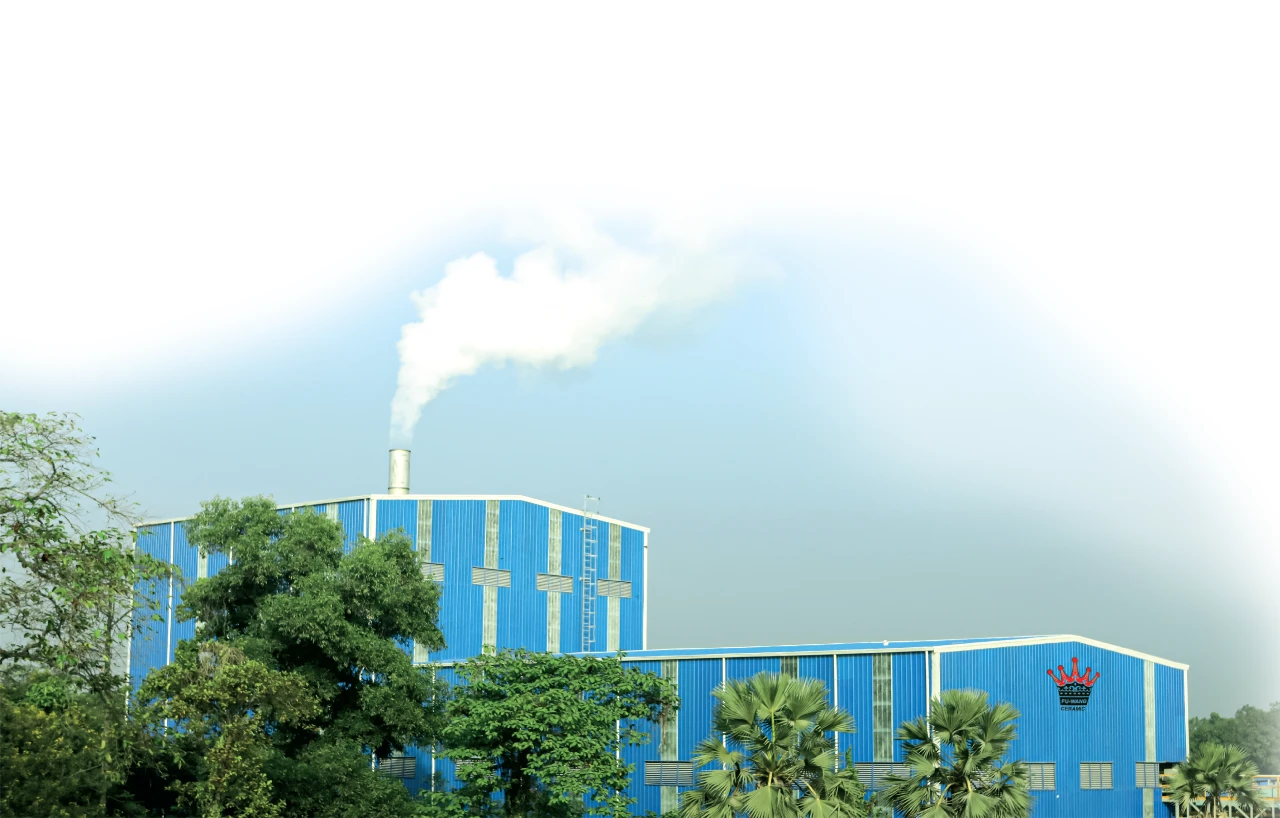

FU-WANG Ceramic Industry Limited, founded in 1995 as a joint venture between Taiwan and Bangladesh, has evolved into a major player in the ceramic industry. Despite Taiwan investors’ departure in 2008, the company continued to thrive, reshaping the landscape of ceramic production in Bangladesh.
During the 1990s, Bangladesh heavily relied on ceramic imports from countries such as China, Sri Lanka, Spain, and Italy. Fu-Wang entered the market and made a significant impact. Subsequently, other prominent players like RAK, CBC, and Mir Ceramic joined, solidifying their presence in the country’s tiles market. Presently, RAK, DBL, Fresh, Fu-Wang, and X Ceramic are the key players in Bangladesh’s tiles sector. With an aggregate investment of $1.8 billion in the ceramic sector, of which 66 per cent is allocated to the tiles, the domestic tile market is valued at $650 million.
Fu-Wang Ceramic Industry went public in 1998, listing its shares on the Dhaka and Chattogram Stock Exchanges. Fu-Wang Ceramic has created a good number of employment opportunities. Its products are manufactured in the factory of Gazipur. The company has since maintained impressive annual growth, consistently achieving a 20 per cent increase.
Product diversification and challenges faced
Fu-Wang Ceramic Industry is known for producing two types of products: those tailored for the mass market including industries, universities, shopping malls etc. and luxurious tiles designed for apartments, hotels and offices. The company has also introduced high-quality brands like Picasso and Picasso Premium, offering larger wall sizes and various floor sizes tiles under the guidance of European and Asian technologists.
The foundation of Picasso Premium 60x60cm PGVT tiles lies in state-of-the-art robotic technology. Each tile is crafted with unparalleled precision and accuracy, ensuring uniformity in size and shape. The company employs Nano Technology in the production of PGVT tiles, enhancing their durability and shine. This advanced technology creates a protective layer on the tile surface, making them resistant to scratches, stains, and wear.
The timeless elegance of marble, the warmth of wood, or the modernity of concrete, Fu-Wang designs capture the essence of nature and elevate the interior design to new heights. Each of 60x60cm PGVT tiles is meticulously packed with a surface protective film. This film safeguards the tiles during transportation and installation. However, the industry currently is facing a range of challenges. These include difficulties in opening Letters of Credit (L/C), surging natural gas prices coupled with low gas pressure, and unreliable electricity supply to factories. Moreover, navigating the intricate landscape of government policies has posed additional obstacles for businesses in Bangladesh. Besides, current economic headwinds has contributed to decline in the sales of the ceramic products. To carry on the business, the government should withdraw Supplementary Duty (SD) on the local ceramic products and supply gas and electricity uninterruptedly to the factories. The CEO of Fu-Wang Ceramic Industry Limited (FWCIL), Mr. Rafiquzzaman Bhuiyan, shared his experiences with the Ceramic Bangladesh (CB) in an exclusive interview.
Adapting to market dynamics
Despite these challenges, Fu-Wang Ceramic Industry remains steadfast in its commitment to leading the tiles sector in Bangladesh. The CEO recognises that competition is intensifying, and only large companies will be able endure while smaller ones might face closure. Making profit is tough due to competition. Besides, the demand for high-value and luxurious products is increasing in local and international markets. So, small companies have to compete with large companies.
However, considering current market demand, they have to change product designs in accordance with new technology. Now local companies are meeting 85 per cent domestic market demand. And the rest of 15 per cent is met by imported products. If they can reduce import dependency further, dollar reserve will increase. So, policy support is crucial. “Our plan for the future is to manufacture selective and valuable products to compete in the market. We will expand our production base. Mass production helps to reduce product costs. We will produce high-value products in the future increasing market demand,” said Mr. Rafiquzzaman Bhuiyan. To meet the evolving market demands, Fu-Wang plans to adapt its product designs using new technologies. Moreover, they aim to reduce their dependency on imported products to bolster their reserves. The company’s strategy for the future is to manufacture selective and high-value products to cater to the increasing demand in both local and international markets.
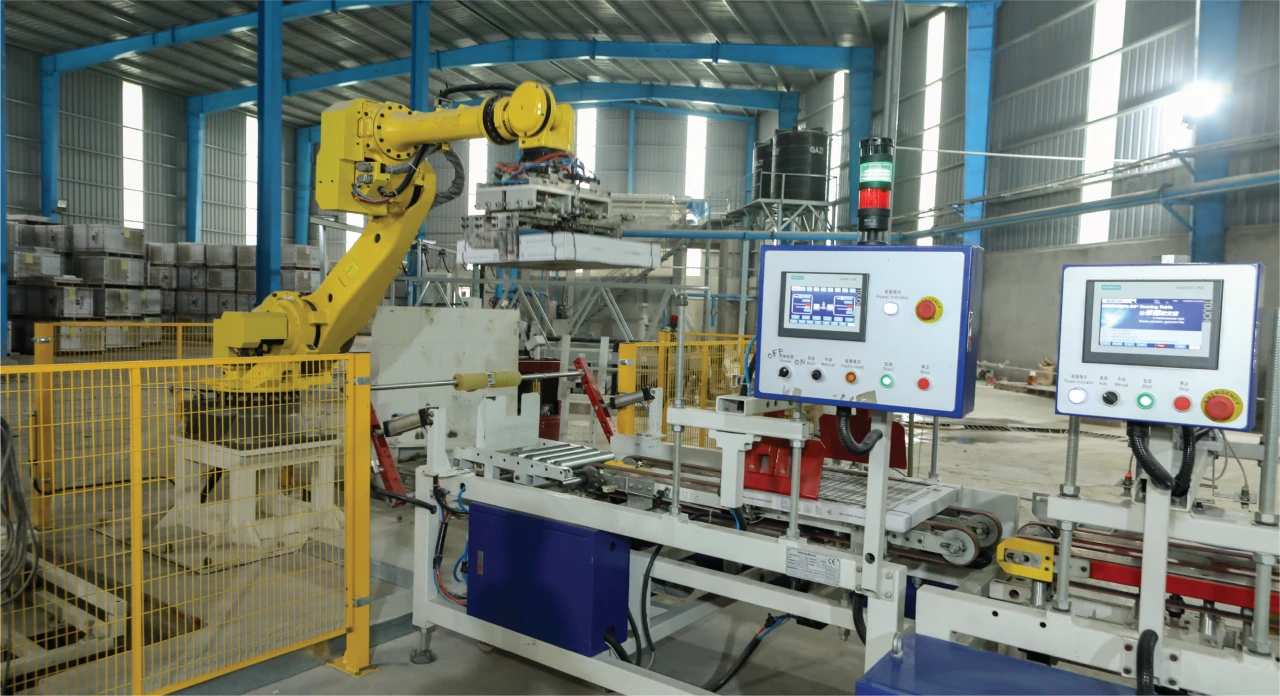
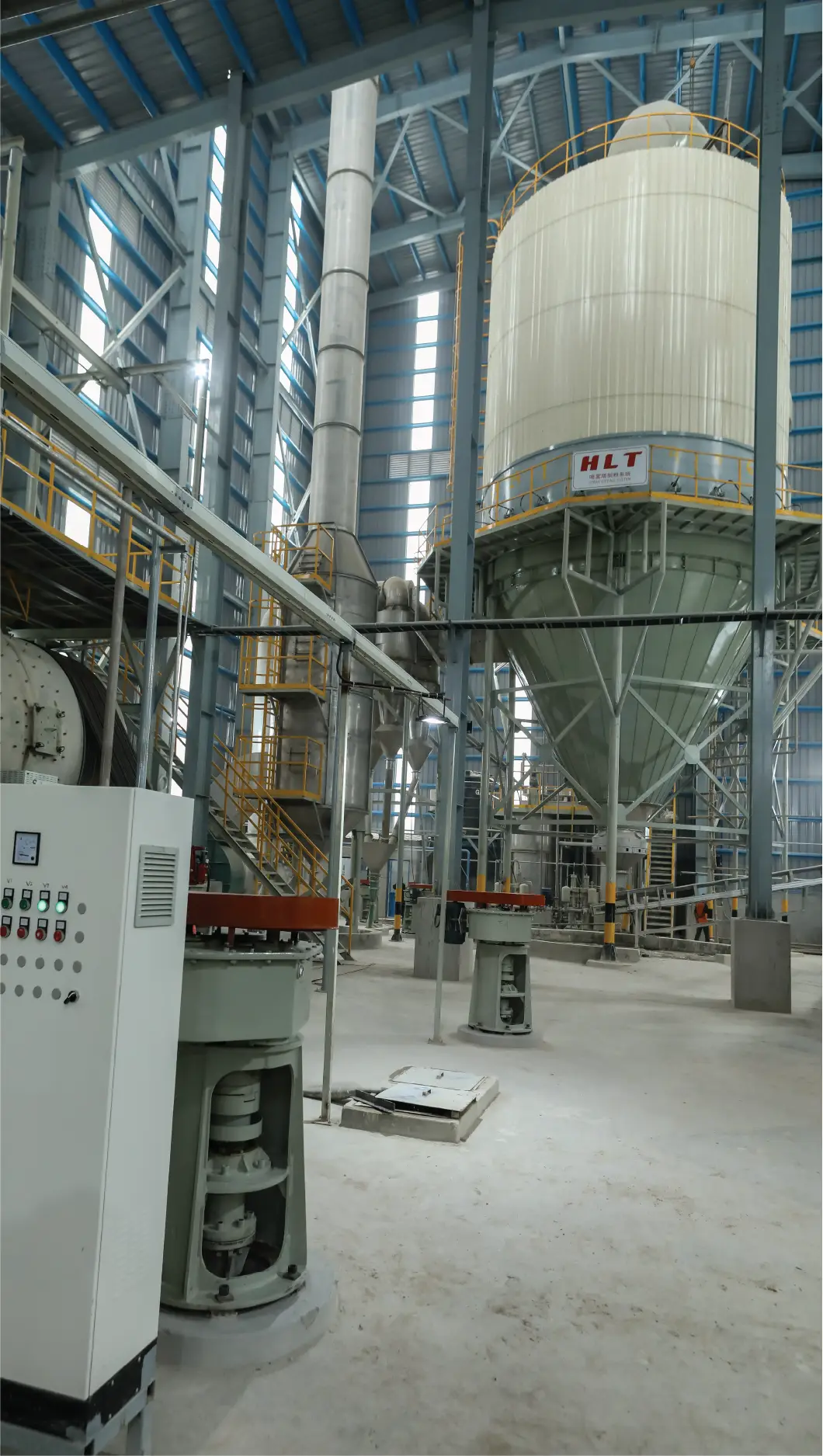
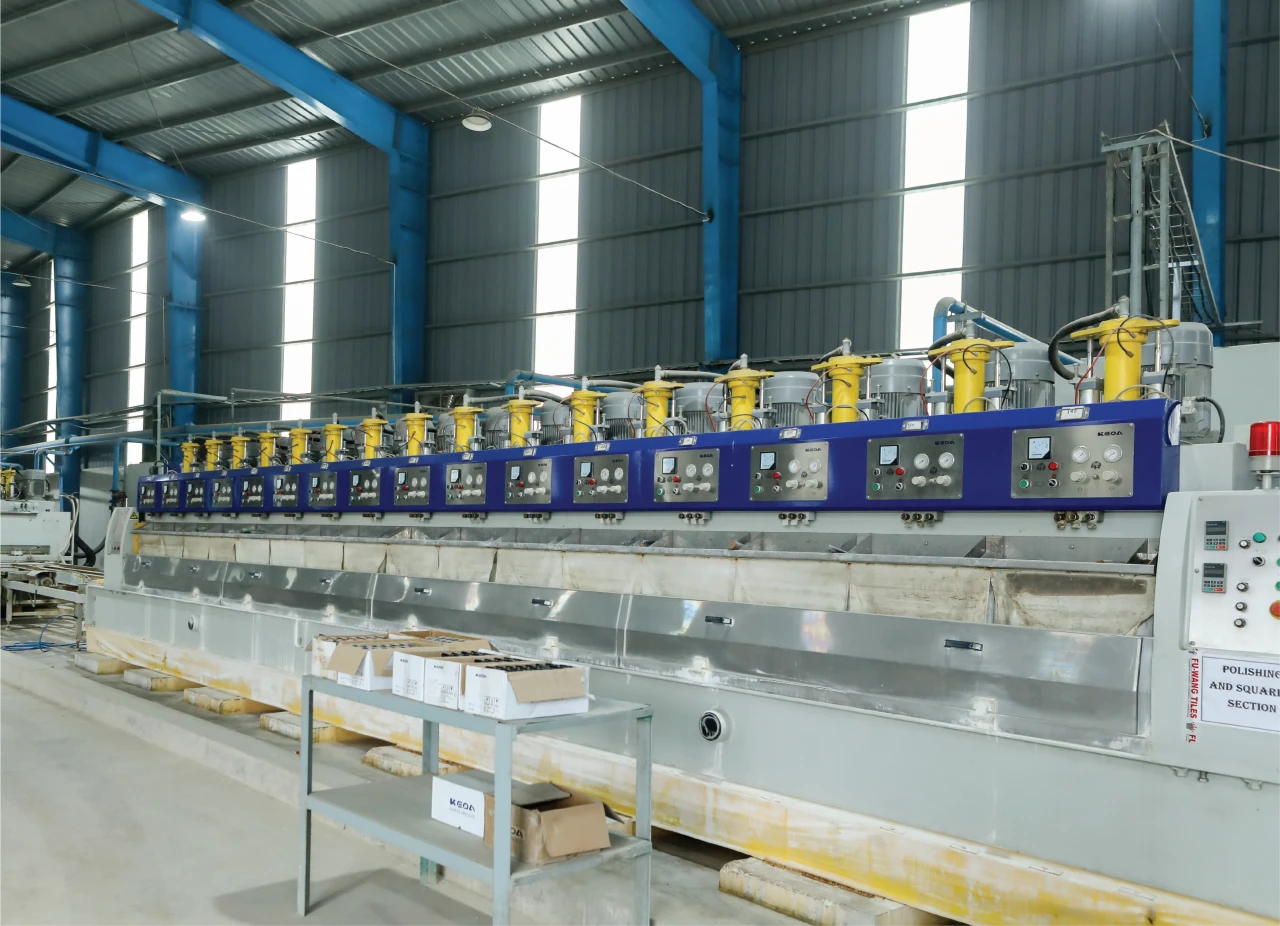
Export challenges, domestic potential
While the export market has presented challenges due to global competitiveness, the domestic market for tiles has experienced significant growth. Changes in people’s lifestyles and increased per capita income have contributed to the surge in demand. Fu-Wang is exploring the possibility of entering the tableware manufacturing sector and is focusing on branding and digital marketing to expand its market presence.
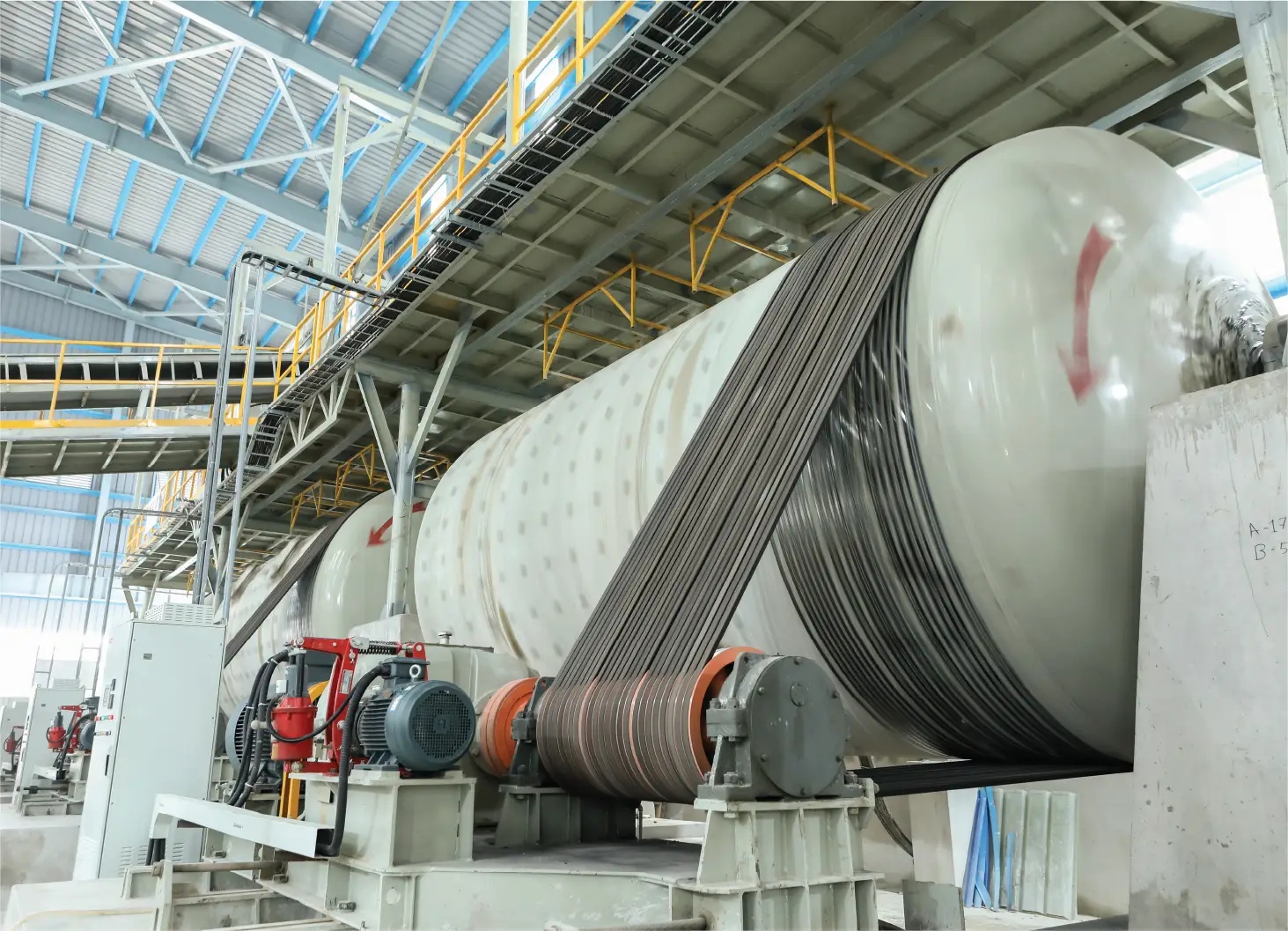
A call for government support and FDI
The domestic demand for tiles has increased vastly thanks to change in people’s lifestyles and booming construction sector. A good number of companies have also been established here. In Bangladesh, the number of tile companies may further go up as tiles are now used in rural areas too. So the market is expanding, and it will continue to expand. People are spending more money on their houses as a pre-emerging country.
In this context, Fu-Wang management is planning to what type of new products can be brought in the market in future. Meanwhile, Bangladesh has made a reputation in the international market exporting high-valued tableware products. However, there is a huge potential for foreign direct investments (FDI) in Bangladesh. The government has set up 100 special economic zones, something which is a positive initiative to bring more FDI.
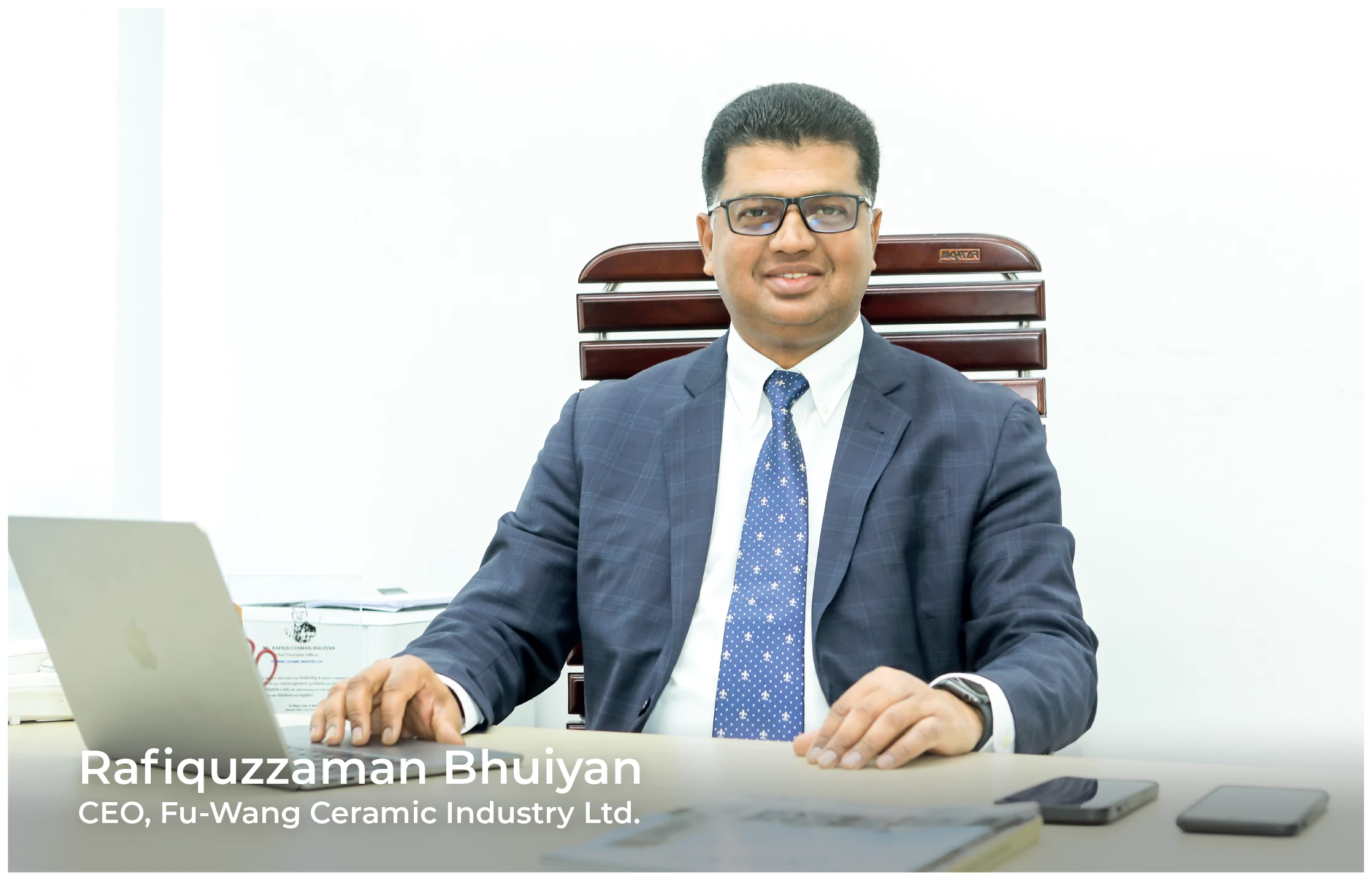
Also, there are some challenges including land scarcity, gas and utility supply, and the business operational registration process. All problems should be resolved as soon as possible. Besides, transparency and accountability are crucial to ensure ease of doing business. Basically, the country’s all services should be available on online.
Mr. Rafiquzzaman Bhuiyan underscored the need for government support, including withdrawal of supplementary duty on local ceramic products, reducing import duties on raw materials, uninterrupted gas supply, and reliable electricity to boost the ceramic sector. Furthermore, he underlined the importance of attracting FDI and improving transparency in business operations to foster economic growth and development.
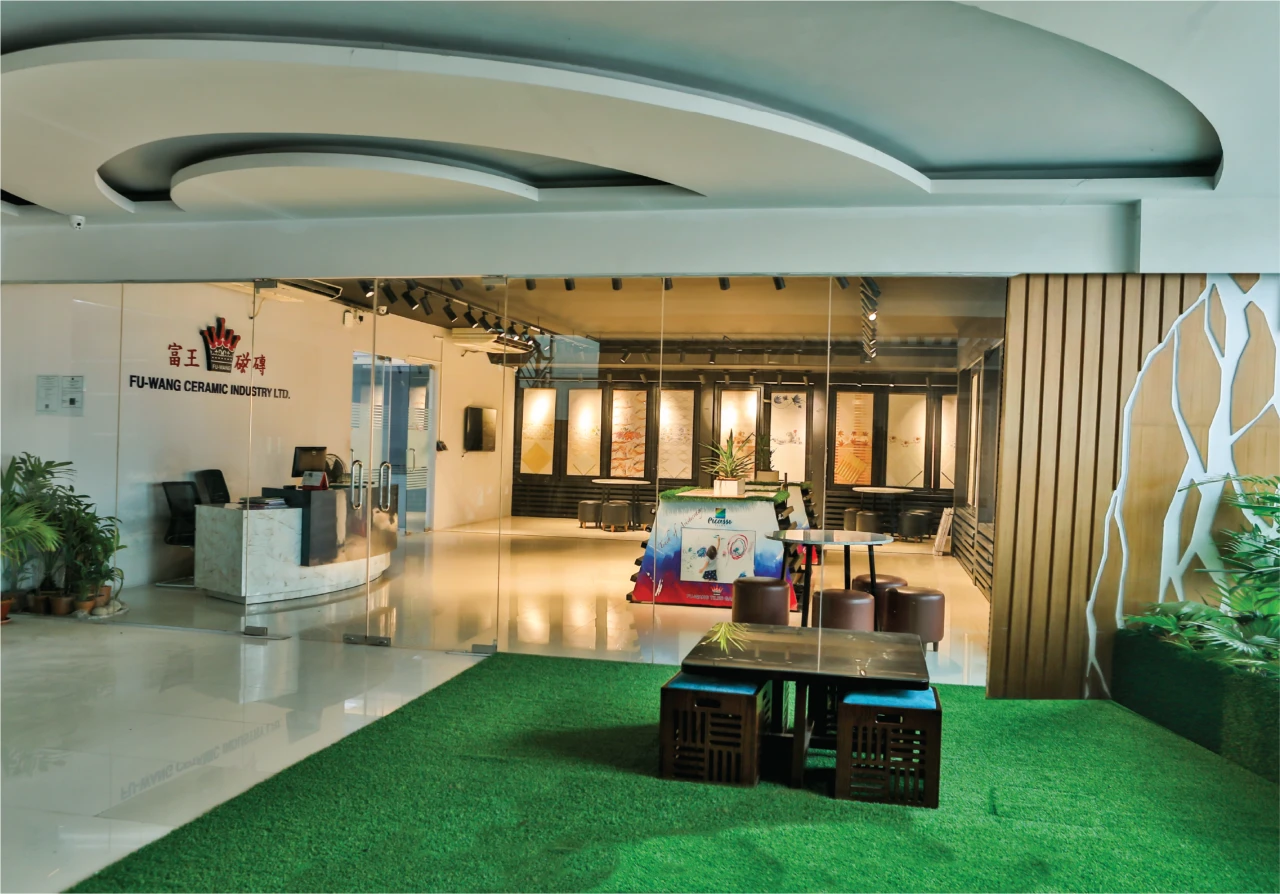
Fu-Wang’s journey from a joint venture to a thriving ceramic industry leader is a testament to its resilience and commitment to quality. The company’s vision for the future includes continued growth and a prominent role in shaping the ceramic industry in Bangladesh.
Written By Rafik Hasan



